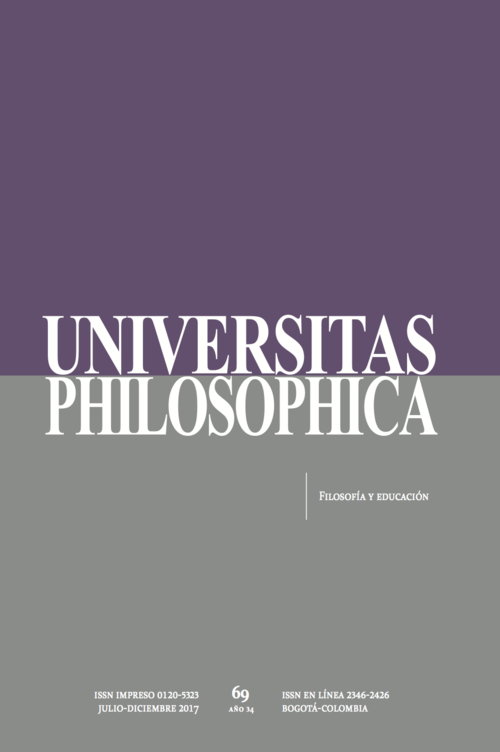Abstract
The article explains the relationship between formal education and cognitive development in chapter 6 of Vygostky’s Thought and Language, “The development of scientific concepts in childhood; the design of a working hypothesis”. Subsequently, it frames the proposal of Vygotsky in Annette Karmiloff-Smith’s theory of cognitive development. The thesis is that formal education is fundamental in the child’s mental development because it enables the child to become aware of spontaneous thinking, that is, to recognize spontaneous thinking as a particular instance of a more general and abstract thought, namely, the scientific thought. Finally, I set up objections to this thesis and suggest that Vygotsky’s position is not incompatible with current research on conceptual development, but complements it.
This journal is registered under a Creative Commons Attribution 4.0 International Public License. Thus, this work may be reproduced, distributed, and publicly shared in digital format, as long as the names of the authors and Pontificia Universidad Javeriana are acknowledged. Others are allowed to quote, adapt, transform, auto-archive, republish, and create based on this material, for any purpose (even commercial ones), provided the authorship is duly acknowledged, a link to the original work is provided, and it is specified if changes have been made. Pontificia Universidad Javeriana does not hold the rights of published works and the authors are solely responsible for the contents of their works; they keep the moral, intellectual, privacy, and publicity rights.
Approving the intervention of the work (review, copy-editing, translation, layout) and the following outreach, are granted through an use license and not through an assignment of rights. This means the journal and Pontificia Universidad Javeriana cannot be held responsible for any ethical malpractice by the authors. As a consequence of the protection granted by the use license, the journal is not required to publish recantations or modify information already published, unless the errata stems from the editorial management process. Publishing contents in this journal does not generate royalties for contributors.


